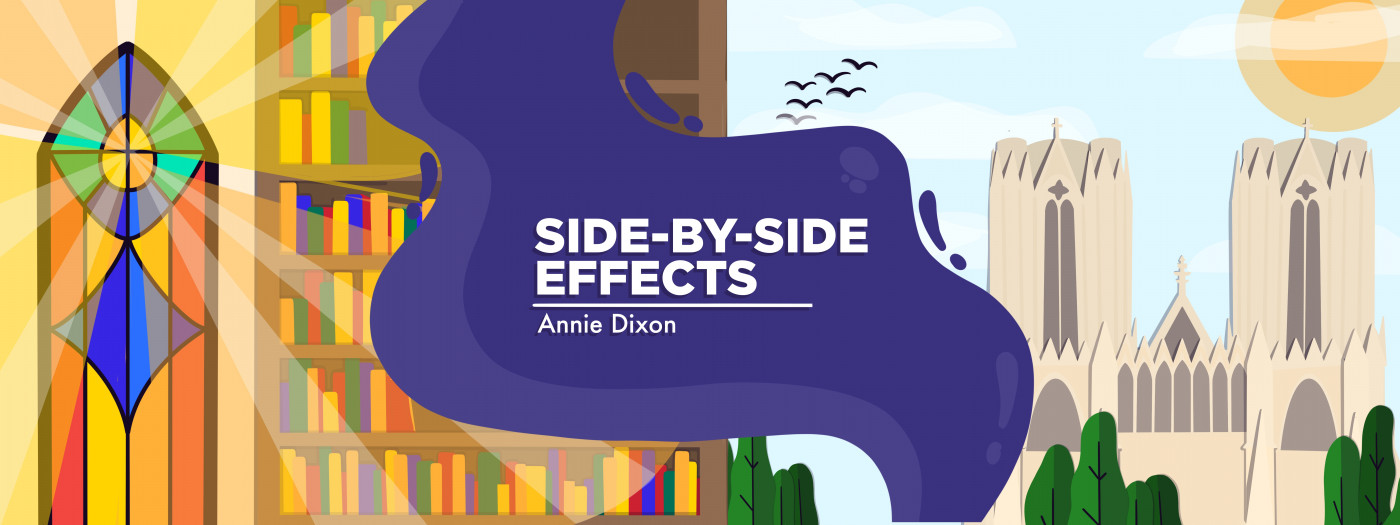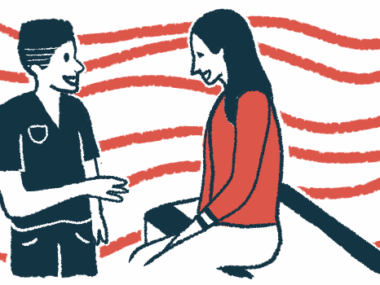What Are the Chances?
Written by |

Every happy wife thinks her husband is one in a million. However, I happen to know that mine is one in half a million. That’s not my opinion; it’s a medical fact. When he was diagnosed with aHUS five years ago, the doctor told us there were approximately 625 people with the condition in the U.S., while the population was over 320 million.
Together, we were singled out by fate, but never wallowed in the “why me” victimhood of our misfortune. We were too busy marveling at our good fortune. Despite a rare diagnosis and dubious prognosis, we quickly realized we already had beaten so many odds.
Timing is everything
I got him to the hospital just in time. Sooner, he would have been treated for nausea and sent home to sleep without wakening. Any later, neither I nor the paramedics could have pulled him from the approaching coma.
The disease appeared at just the right time. Granted, there is never a good time for a rare and life-threatening illness to present itself. But the first medicine available specifically for the treatment of aHUS had only recently been approved. In a world without Soliris (eculizumab), his chances of survival would have been exceedingly poor. And on the off chance his life had been saved, the remainder of it would have been spent on dialysis.
The condition took its time to appear. Many cases manifest in childhood, severely limiting the patient’s ability to engage socially and professionally. His onset waited until we were already contemplating retirement. He had played rough-and-tumble rugby in his teens, pulled all-nighters in college, and had a brilliant career that spanned two continents and twice as many decades. If we suddenly had to slow down now, it would be with great memories, not unfulfilled dreams.
Lucky for us
The Roman philosopher Seneca is credited with noting that luck is what happens when preparation meets opportunity. My corollary substitutes “necessity” for opportunity. After his life was saved, my husband needed to stay home, convalesce, recuperate — and we had to continue to make a living. Lucky for us, we had spent years building our own business, with a loyal staff and clientele.
In our time of need, we were able to call on the employees we had supported and the clients we had served. Our foreman picked up groceries and prescriptions; his wife offered to cover for me if I needed to run errands. Former clients who had become old friends placed new orders and recommended our studio to their young colleagues. All those payrolls and deadlines we had met for 25 years were paying off — and making up for all the paid time off and vacation days that small business owners never get.
Gambling on the future
So, here we are: My husband is outliving a rare disease prognosis as well as average life expectancy. Every day is a new gift, a blessing not promised, and a fresh chance. Our world may be a bit smaller, and our horizons a bit closer, but the attitude is as big and bold as ever.
Since recovering from the onset of aHUS, we savor the small pleasures of our simplified life. He particularly enjoys the weekly grocery shopping: buying local produce, haggling with the fishmonger, and chatting with the checkout clerks. Lately, he’s taken to buying lottery tickets with the change. I chided him for wasting money and was quickly rebuffed.
It states right on that scratch-off ticket: “Odds of winning the top prize are 1 in 1,500,000.” But according to his math, my husband only needs to buy three tickets. I have to admit, the odds are in his favor. He may already be a winner.
***
Note: aHUS News is strictly a news and information website about the disease. It does not provide medical advice, diagnosis, or treatment. This content is not intended to be a substitute for professional medical advice, diagnosis, or treatment. Always seek the advice of your physician or other qualified health provider with any questions you may have regarding a medical condition. Never disregard professional medical advice or delay in seeking it because of something you have read on this website. The opinions expressed in this column are not those of aHUS News or its parent company, Bionews, and are intended to spark discussion about issues pertaining to aHUS.







Leave a comment
Fill in the required fields to post. Your email address will not be published.